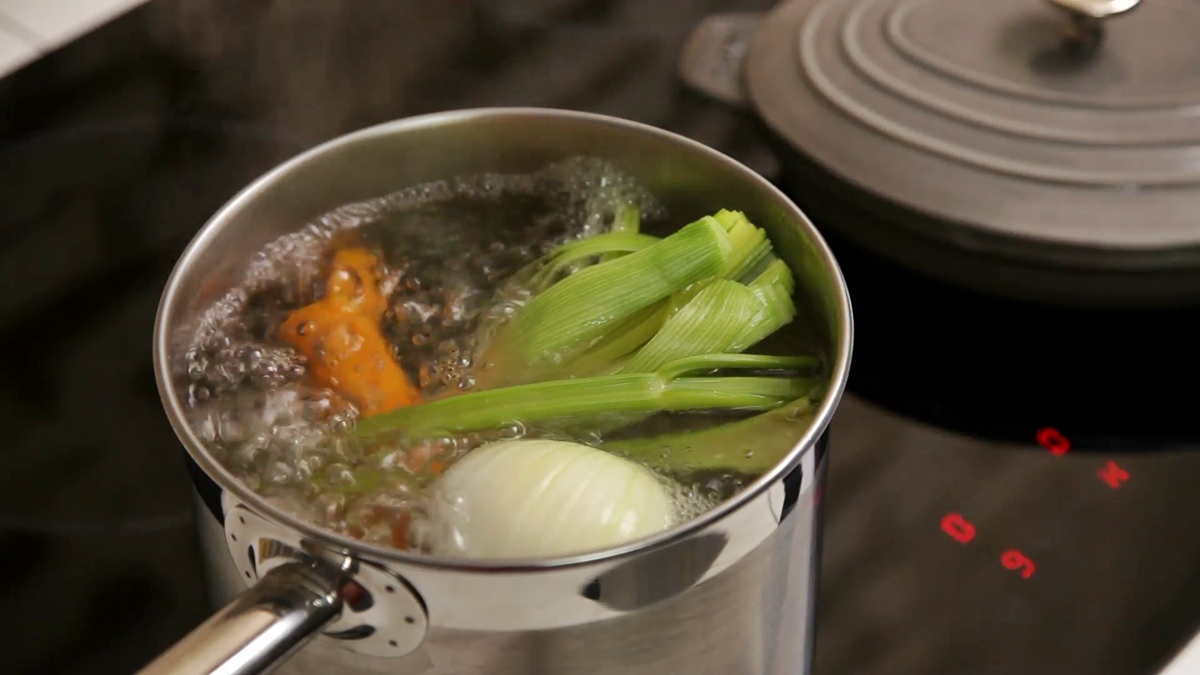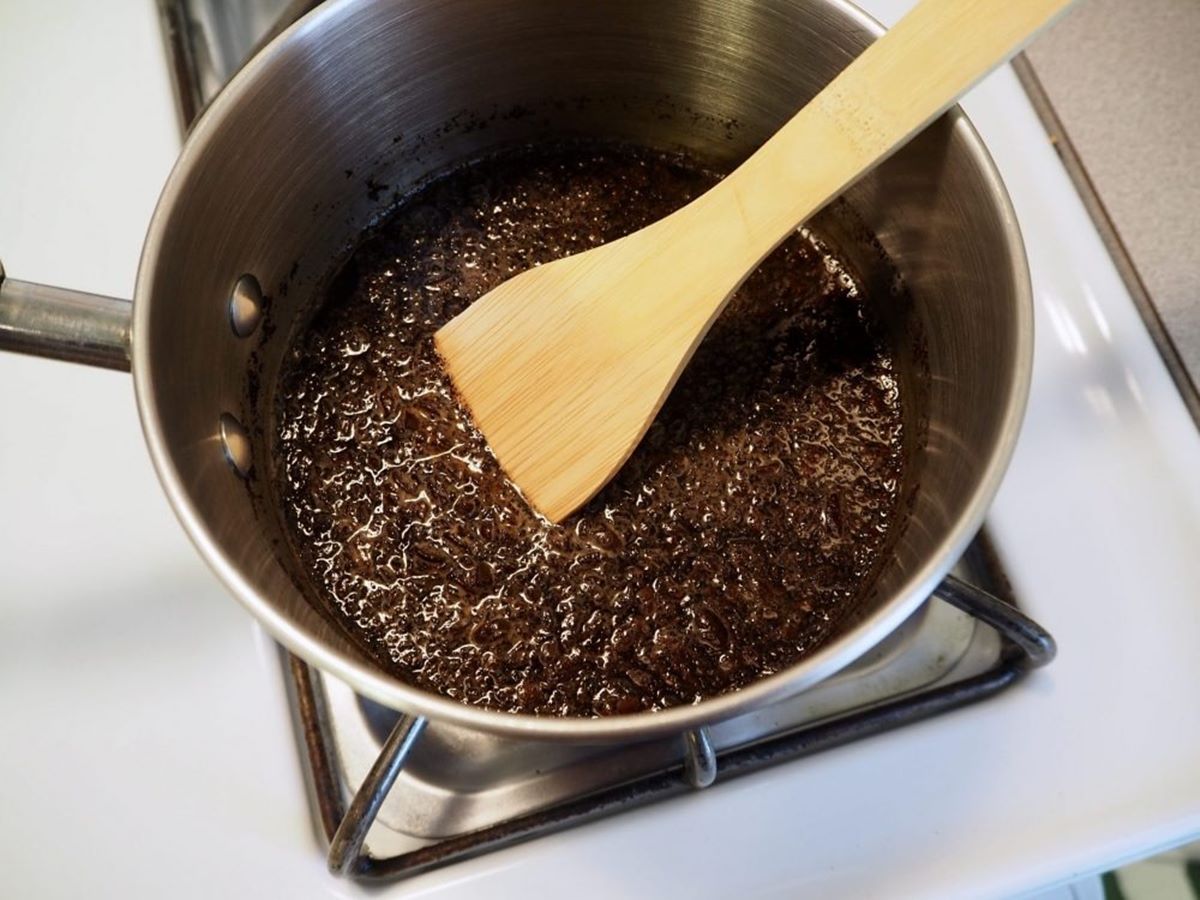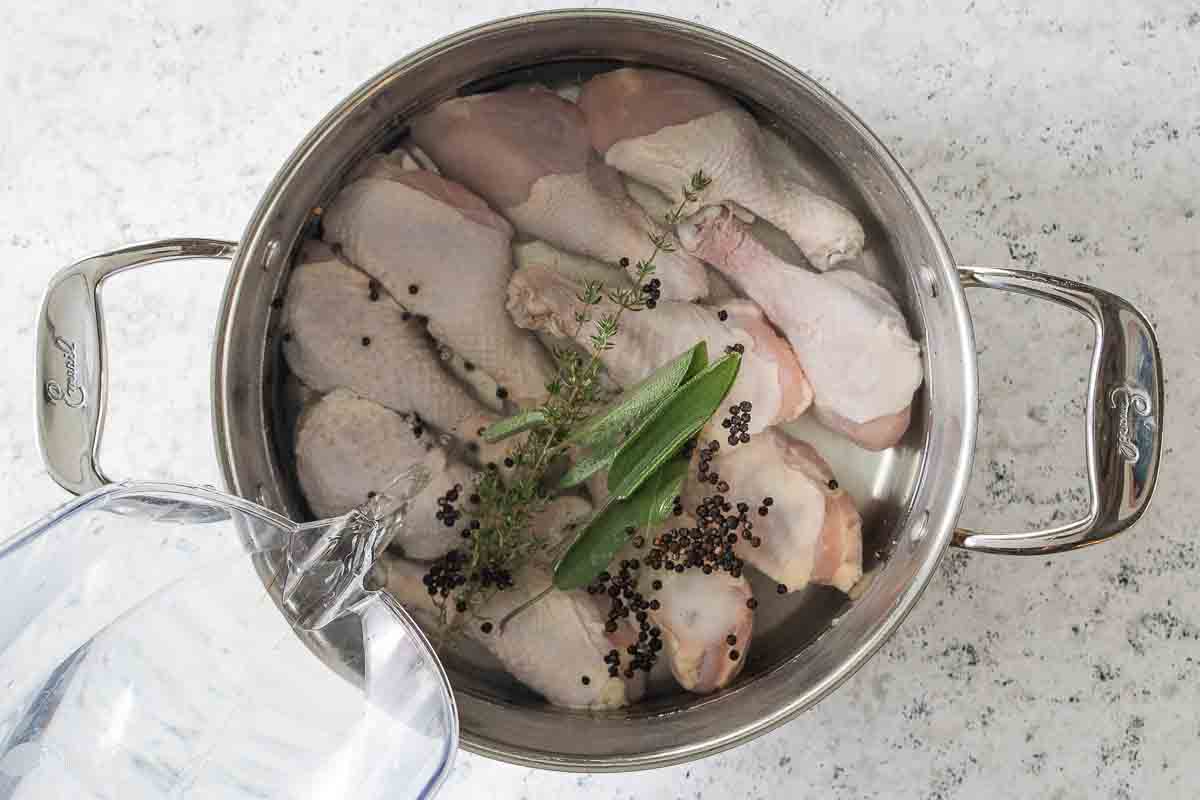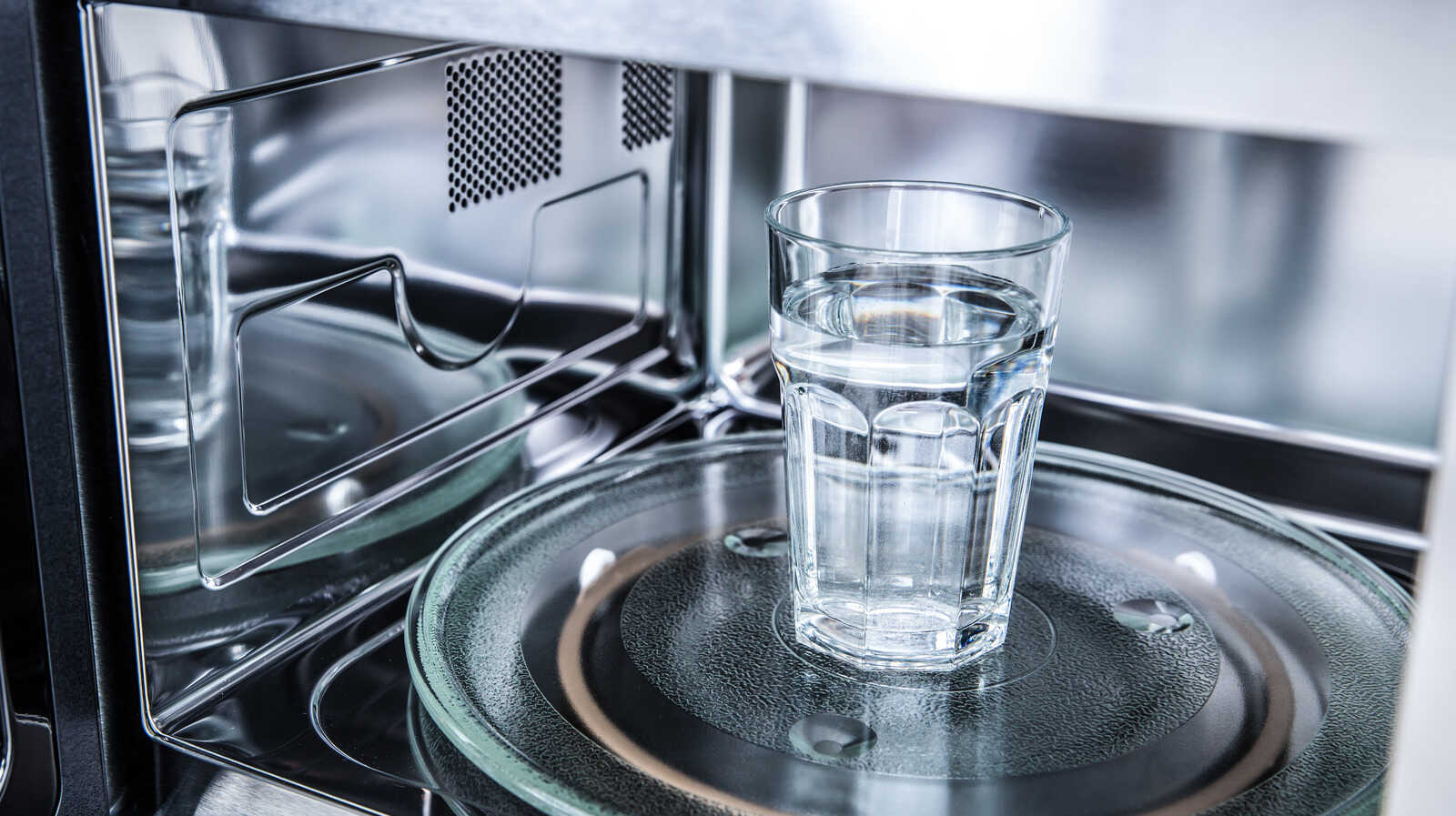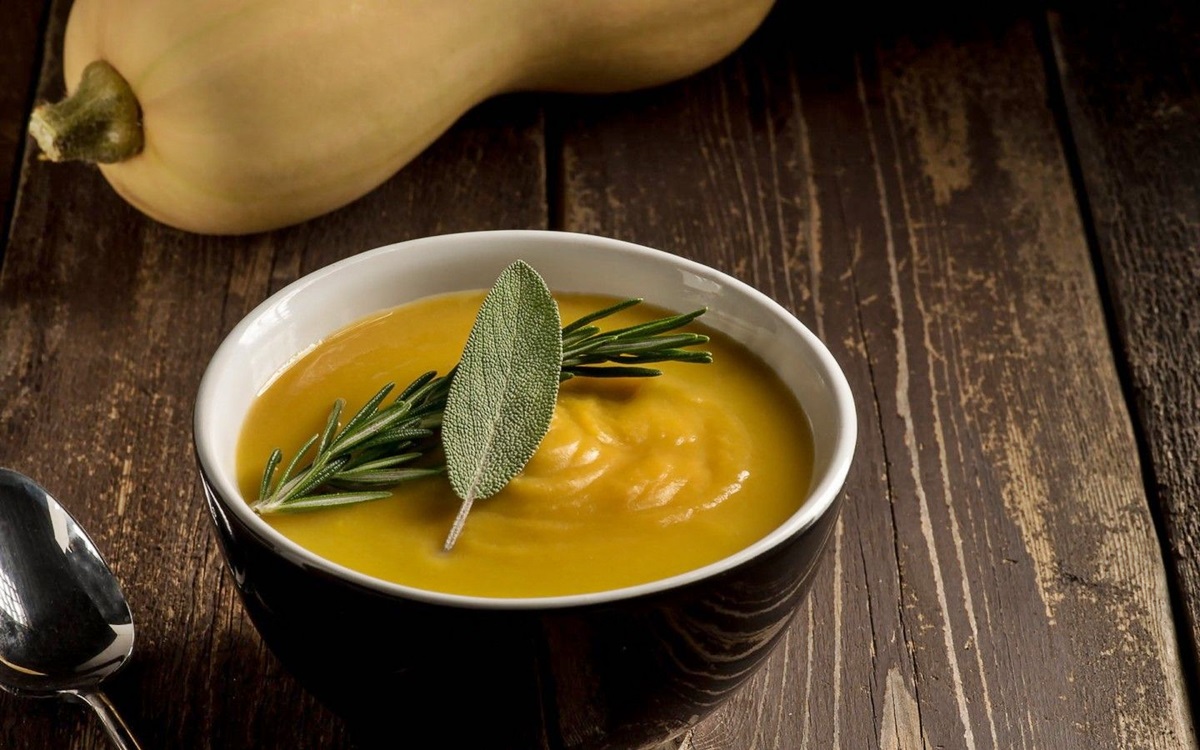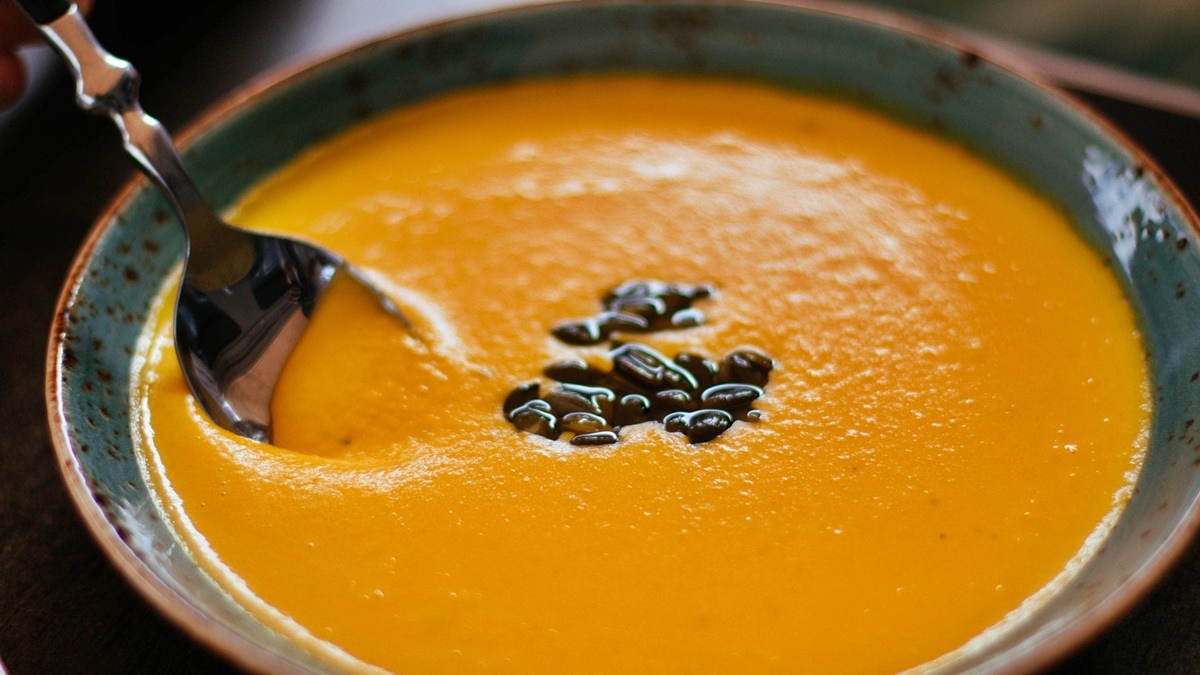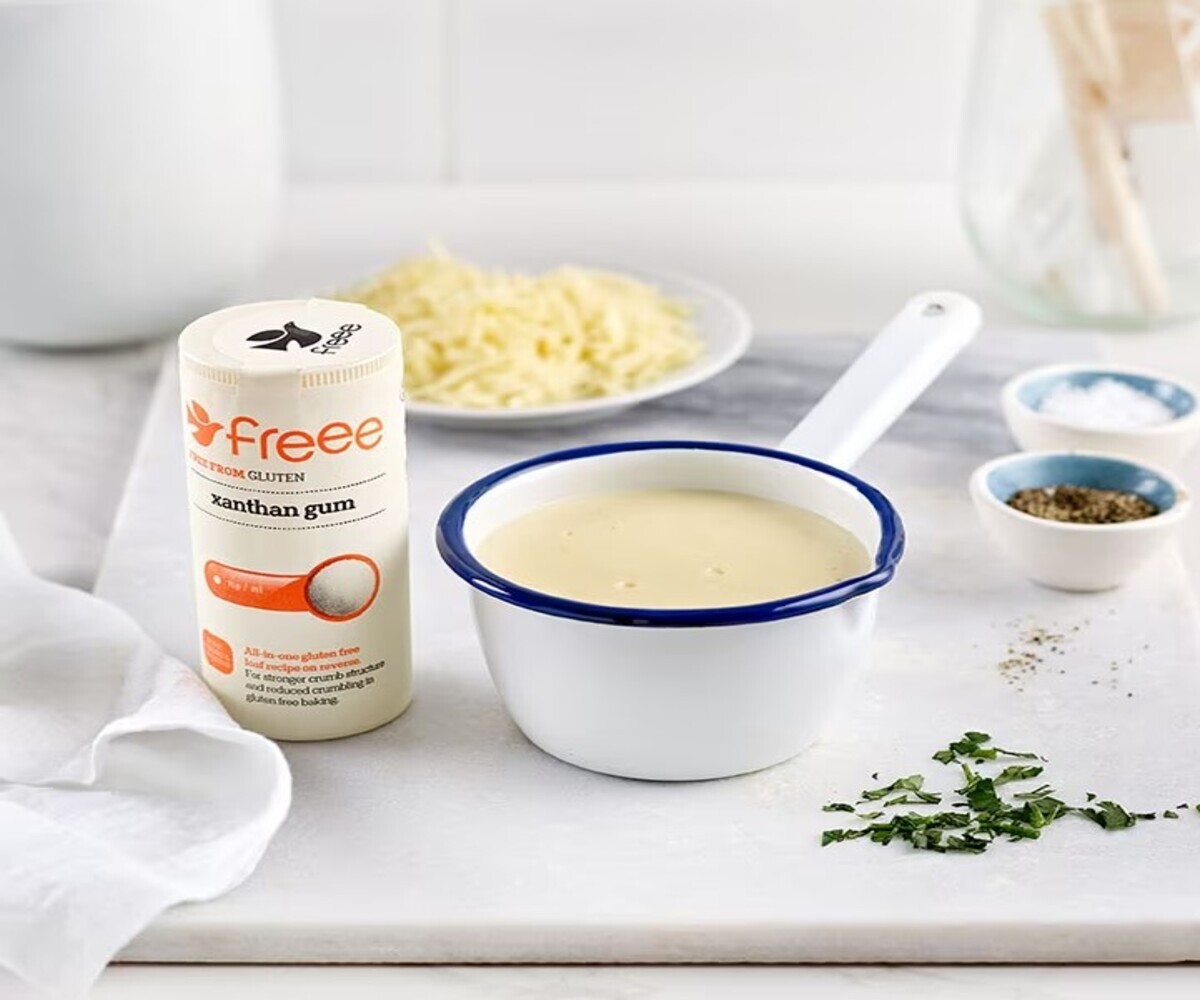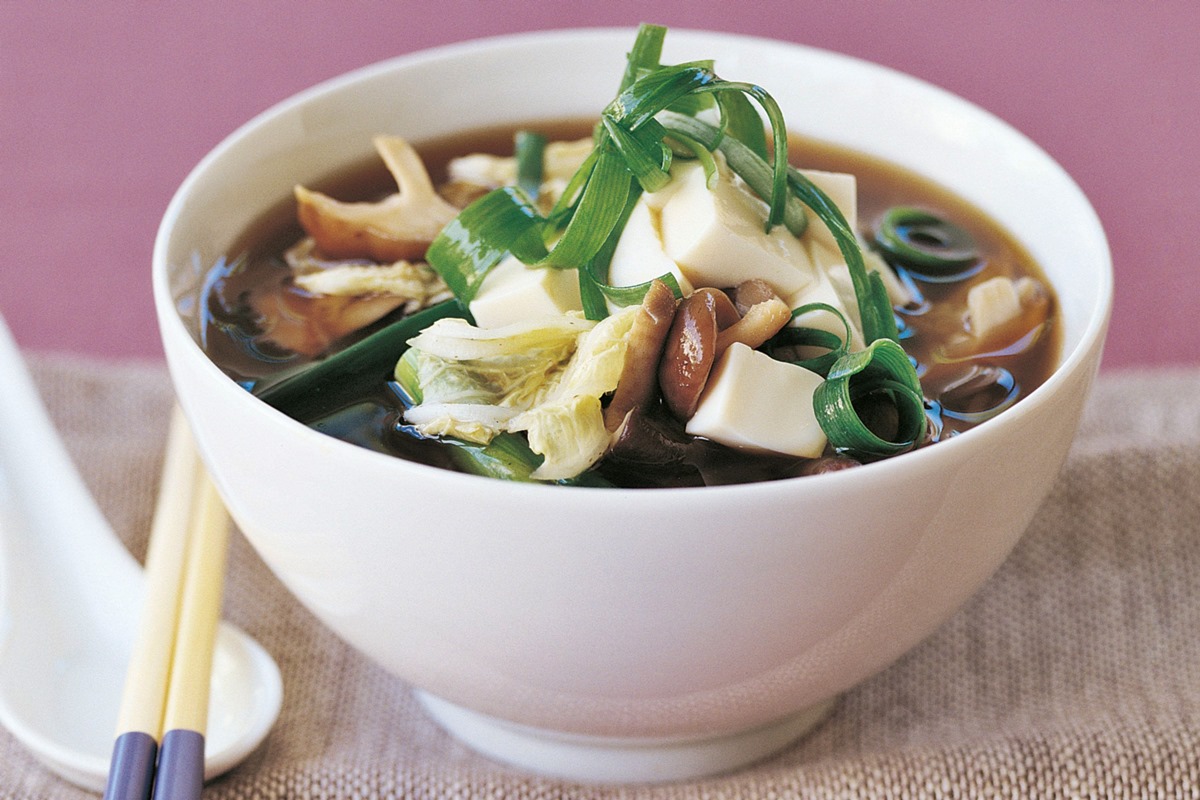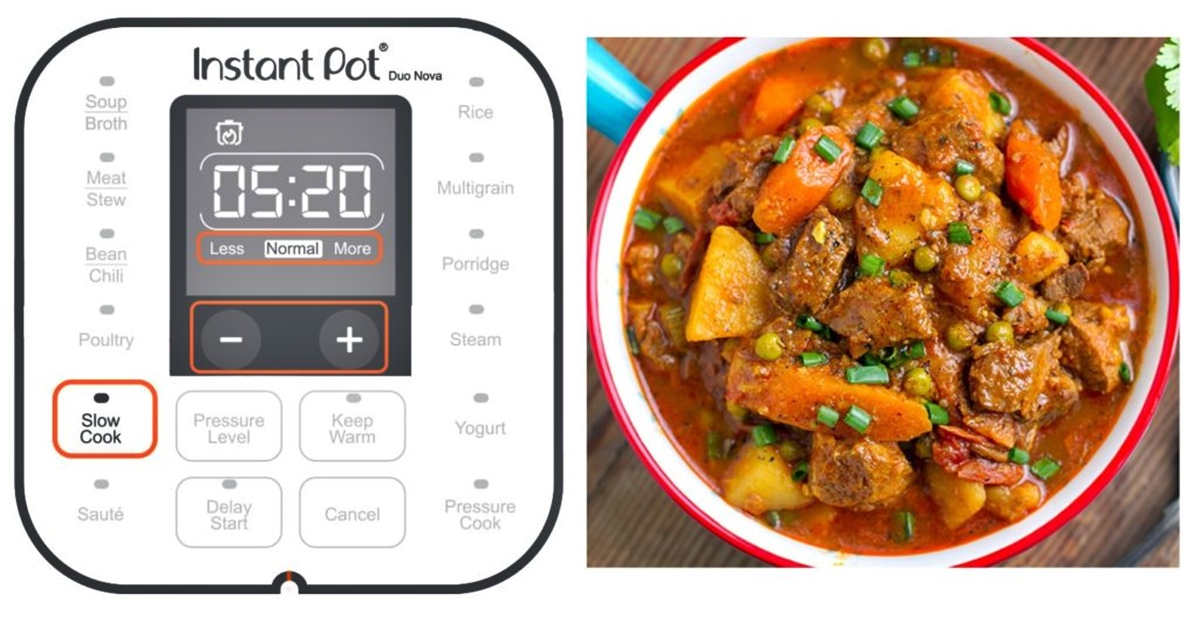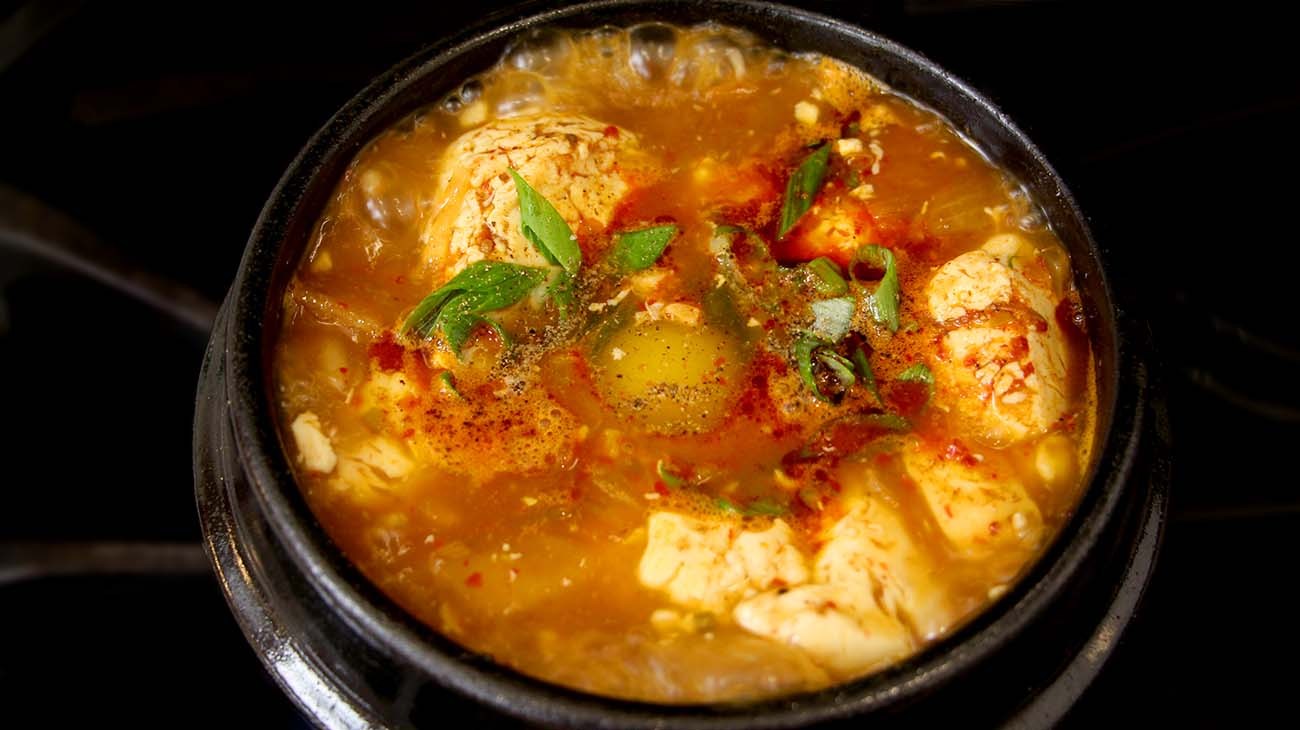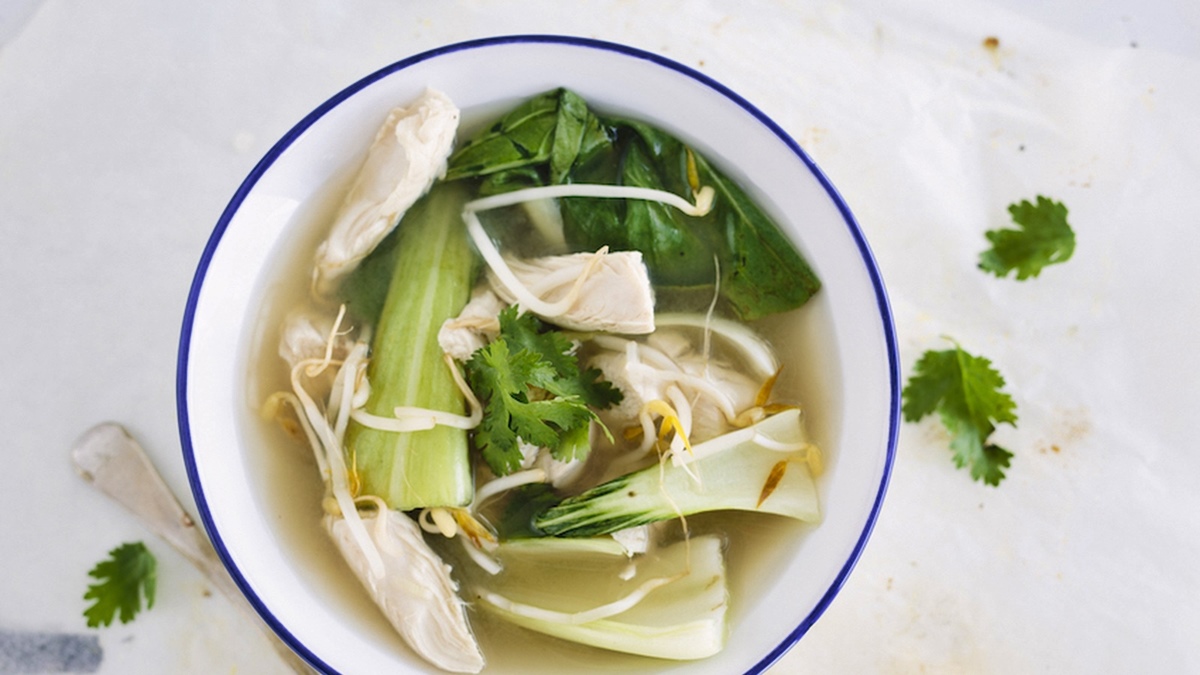How to Prepare a Nutritious Meal: Boiling Chicken for Your Beloved Pooch
As a responsible dog owner, you always want the best for your furry friend. A balanced and healthy diet is essential for their overall well-being. One great way to provide a wholesome meal is by boiling chicken specifically for them. In this guide, we will walk you through the step-by-step process of boiling chicken for dogs, ensuring that your pet gets all the necessary nutrients.
Why Choose Boiled Chicken?
Boiled chicken is an excellent source of lean protein that is easily digestible for dogs. It offers a wide range of benefits, such as:
- Promotes Muscle Health: Chicken is packed with protein, which helps your dog build and maintain strong muscles.
- Supports Immune System: Chicken contains important nutrients like zinc and vitamin B6, which aid in strengthening your dog’s immune system.
- Great for Sensitive Stomachs: Boiled chicken is gentle on the stomach, making it an ideal choice for dogs with sensitive digestive systems.
- Hydration Boost: The broth from boiling chicken can help keep your furry friend hydrated, especially during hot summer days.
The Step-by-Step Guide:
Now, let’s dive into the process of boiling chicken for your four-legged companion:
- Choose High-Quality Chicken: Start by selecting fresh, boneless, and skinless chicken breasts. Organic or free-range chicken is even better if it fits within your budget.
- Prepare the Chicken: Rinse the chicken breasts under cold water to remove any bacteria or contaminants. Pat them dry with a paper towel.
- Cut into Bite-Sized Pieces: Using a sharp knife, cut the chicken breasts into small, dog-friendly portions. This will help with the cooking process and make it easier for your pup to enjoy.
- Boil the Chicken: Place the chicken pieces in a pot and cover them with water. Bring the water to a boil over medium-high heat. Once boiling, reduce the heat to low and let it simmer for about 15-20 minutes or until the chicken is thoroughly cooked.
- Check for Doneness: To ensure the chicken is safely cooked, cut a piece open. It should be white and without any pink hues. Pink chicken indicates it is undercooked, so continue boiling for a few more minutes.
- Cool and Serve: Once the chicken is cooked, remove it from the pot and let it cool. Be cautious not to serve it while it’s still hot, as it may burn your dog’s mouth. Once cooled, you can serve the chicken directly or mix it with your dog’s regular food.
Tips for Doggy Delight:
To make the boiled chicken even more delicious for your furry friend, consider these tips:
- Add Some Veggies: Boil some dog-friendly vegetables like carrots or sweet potatoes alongside the chicken. These will add extra nutrients and flavors to the meal.
- Save the Broth: The chicken broth is not only great for hydration but can also be used as a tasty, low-sodium addition to your dog’s regular kibble.
- Portion Control: Remember to feed appropriate portion sizes based on your dog’s size, breed, and activity level. Consult your veterinarian to determine the right amount for your pooch.
- Storage: If you made a large batch, portion out the boiled chicken and store it in airtight containers in the refrigerator or freezer. This ensures it stays fresh and readily available whenever you need it.
Boiling chicken for your dog is a simple and rewarding way to provide them with a nutritious meal. By following these guidelines, you can ensure that your beloved companion receives the essential proteins and nutrients they need to thrive. Remember, always consult your veterinarian for personalized feeding recommendations specific to your dog’s health condition and dietary needs. Happy cooking, and happy pups!
Was this page helpful?
Read Next: How To Boil Crab
